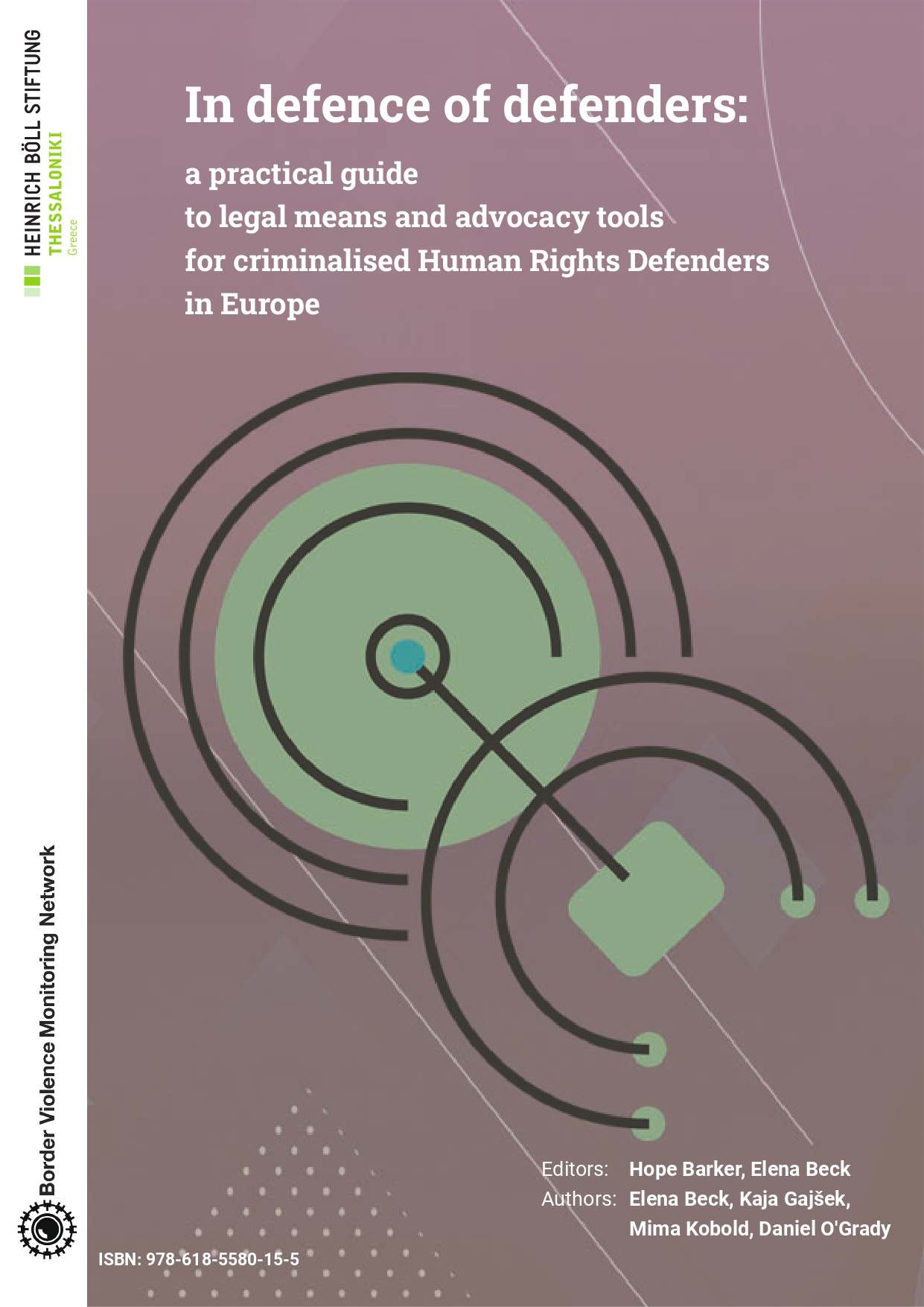Recent years have seen a rise in the erosion of the rule of law in Europe and a backlash against democracy, human rights and those working in defence of human rights. Human Rights Defenders are at high risk of facing repression and various forms of criminalisation while protecting, promoting and safeguarding fundamental freedoms and basic human rights.
Following the definition given by the UN Declaration on Human Rights Defenders, a Human Rights Defender is a person who, individually or in association with others, promotes and strives for the protection and realisation of human rights and fundamental freedoms at national and international levels in a peaceful manner. The term is used broadly and can include activists from different backgrounds, scholars, and law practitioners, such as judges and lawyers. Therefore, the term also includes people on the move.
The consequences of criminalisation are immense — for Human Rights Defenders, as well as for the people they support. Often, either crucial support of victims of human rights violations is stopped completely or valuable resources have to instead be spent on countering acts of criminalisation and their effects. This toolkit outlines and explores available mechanisms and institutions, protecting legislation, and advocacy avenues to approach when Human Rights Defenders experience criminalisation at the domestic, European or international level. At the domestic level, the focus of this toolkit is on Greece and Croatia, with hope for expansion.
From September to December 2022, the Border Violence Monitoring Network conducted extensive research on possible legal, institutional and informal mechanisms to take or approach when a Human Rights Defender faces criminalisation. Furthermore, over 25 interviews with various actors and organisations, governmental as well as non-governmental, working in the field of either migration, the no-border movement, human rights protection and/or human rights defending were conducted. Several of the actors faced criminalisation themselves and reported on the actions they undertook, the institutions they approached and the lessons they learned during the process.

